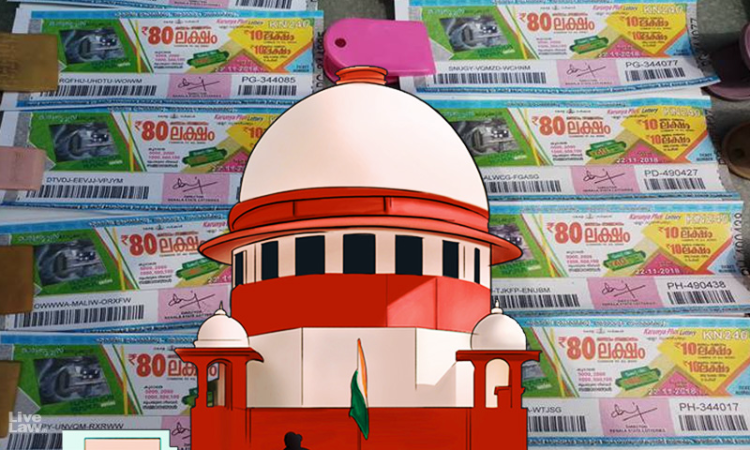Can A State Running Lottery Ban Lotteries From Other States? Supreme Court To Consider
Padmakshi Sharma
16 Aug 2022 5:09 PM IST

Next Story
16 Aug 2022 5:09 PM IST
The Supreme Court on Tuesday issued notice to the State of Kerala on a Special Leave Petition filed by the State of Nagaland challenging the Kerala High Court's order which upheld the power of the State Government to regulate lotteries from other states.A bench comprising Justices KM Joseph and Hrishikesh Roy was hearing the challenge against the judgment delivered by the High Court on May...
